It seems as if the world’s perception of beatbox is still stuck in the late 70’s.
Beatboxers are portrayed as Bronx-based sound mimickers of electronic beat box sounds - booms, baps, and click rolls - everyone wanting to be the next Doug E Fresh.
Only recently has this perception of beatbox been contested, perhaps due to the rise of Pentatonix, KRNFX, or some viral videos, but these guys are seen as outliers of the general population.
Although beatbox was born in conjunction with the hiphop movement, it’s important to know our past but also set our sights into the future - and it must be said:
Beatbox is not strictly hiphop anymore.
Quick history lesson
Beatboxing, as we know it today, was invented in the mid 70’s around the same time that electronic beat boxes were invented. Doug E Fresh, Biz Markie, and Buffy lead the charge, popularizing beatbox sounds through their hot records flying off the shelves while hiphop started to flourish.
Queen Latifah started her hiphop career as a beatboxer, for the girl hiphop group Ladies Fresh and Will Smith, by the name of Fresh Prince, rocked it on stage with DJ Jazzy Jeff and the revolutionary Ready-Rock-C.
Soon enough, every emcee was touring with a beatboxer to open up their shows, but it posed one problem: everyone had a beatboxer and it lost its shiny sticker value.
Beatbox was always a side act
Beatboxing was always seen as a side act - a gimmick. They were imitators of sound boxes and served as backtracks for rappers to rhyme over.
The hiphop industry carried on and neglected to incorporate beatbox as one of the elements of hiphop. Emceeing, DJing, turntablism, and b-boying sit at the core, while many continue to dispute what the 5th element is, a debate usually considering beatboxing amongst the pool of contenders alongside knowledge, language, fashion, and more.
The 5th element was really only a term dubbed by the beatbox community and no one else.
Culture of our own
Soon after beatbox left ‘mainstream’ media, beatbox began to nurture a culture of its own. With such heavy roots in hiphop, beatboxers began battling across New York. Rahzel gives us further insight into what it was like in his interview with Beatbox Battle TV.
Early battles were very much like hiphop, where winners would claim their territory while the losers would only return in vengeance to garner respect in that region by challenging and battling again.
However, influential figures like Kid Lucky in New York City began to form jams and meetups for beatboxers to share sounds and showcase their interpretation of the art form. Our community started to take shape and create something new.
Hiphop defined
Everyone has their own interpretation of what hiphop is. Some say it’s defined by self-expression, while others say it’s defined by innovation, or bringing awareness of socioeconomic issues to the masses. In this sense, we share hiphop’s core values.
But here’s the kicker: our musical interpretation covers the entire spectrum of musical genres - and we are arguably creating a genre of our own.
We’re more than hiphop
Beatbox is not just a backtrack to a rap verse or a gimmick to open up a show. Beatbox is now about creating full musical experiences with only the human voice.
The ability to craft unique sounds by pushing the capabilities of the human body is something extraordinary - slapping a label on such a versatile art form truly does us no good.
Beatbox is just...beatbox.
Let’s leave it at that.


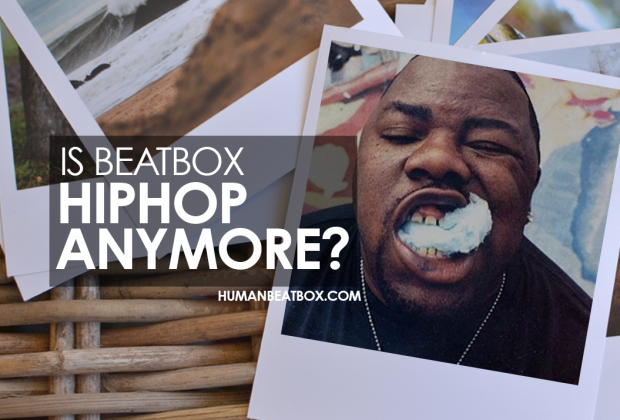
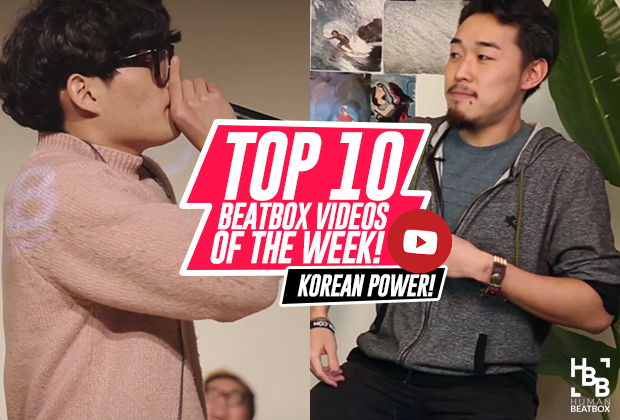

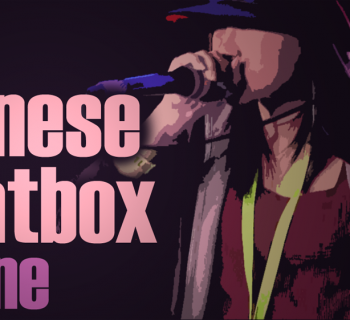
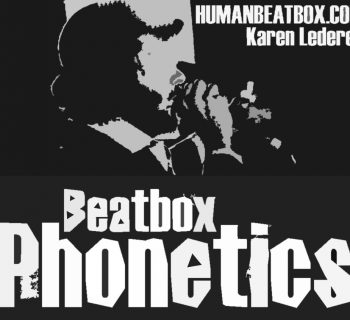
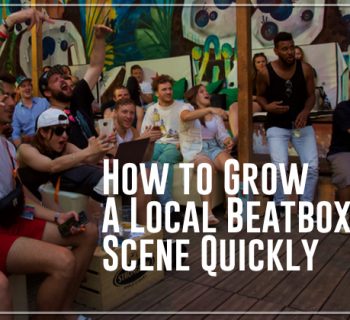
Thanks this is an interesting article.
I am inclined to agree. Perhaps it never really was synonymous with Hiphop. When beatboxing was invented in the late 70s vocal instrumentation already existed in multiple cultures across the world and went back to ancient times in places like Africa and the far-east. It wasn’t even new in the west having been used in other genres for example Pink Floyd. Beatboxing should have been seen as a sub-genre of vocal musicianship/skills rather than being limited to a sub-genre of Hiphop. The problem though is the name ‘beatboxing’ was coined at that time to mean what it meant in the late 70s and 80s. Perhaps it needs a new name if it is going to be viewed as something else?
The fact that it was KRS-One during his BDP days which came up with the 5th element thing, also makes it hard to change people’s perception given for “real” Hiphop heads he, at least prior to going a little eccentric in his latter years is THE knowledge on the culture of Hiphop. However in reality Kris Parker is perhaps limited by his high view of Hiphop being the greatest force in the universe. If a form of art is great and has some black cultural ownership he will want Hiphop to take ownership of it.
You could make a similar argument with turntablism too. In the 90s rappers stopped travelling with their own DJs, and then the deejay became even more redundant when the super producers came in and people could make their own beats rather than just have to sample. Turnabilsm has also branched away and formed its own culture, but being one of The Universal Zulu Nations original elements and 1520 Sedgwick being designated a cultural heritage site thanks to the birth of the DJ break it will be virtually impossible to separate it from its Hiphop beginnings.
I would question the fact that beat boxing goes beyond Hiphop as a musical genre and sound as a valid reason in and of its self however. If that was a reason you could dismantle Hiphop culture in its entirety. When Herc dropped his first “merry-go-round” he ended on a U.K. prog rock number, Soul
Sonic and bam went electronic in 83, jay-z did an album with linking park, graffiti has turned into pop art and miniature sculptures, Jason nevins made its like that a dance track while keeping the b boys in the video etc
Perhaps the hip hop purists who are mainly 35+ need to except Hiphop as a whole culture died with the so-called golden era. And we should just start calling it rap music, or trap and drill or whatever? There by freeing up the other art from their status as “the warm up act” (literally and/or preverbally) to the MC
Great article, well researched, well discussed and it asked an excellent question.
“Is BeatBox HipHop anymore?”
In my opinion, no, it’s not. and it hasn’t been since music became digitised in the late 1970’s. Just like you have singing quartets, opera singers or choirs; people can use their vocal chords to generate easy listening sounds. Beatbox is a vocal art and in the bigger scheme of things; sets its own musical genre apart from HipHop, Pop or anything in between. This article raised an interesting point when it clearly defined the difference between beatbox and HipHop; as the two are always seen as part of the same genre or it’s beatbox seen playing the musical support role for rappers, singers dancers etc when it should have its own clearly labelled entity. Beatboxers will never the same publicity as HipHop stars but hopefully one day it will create its own ripples in the history of music as a globally recognised vocal talent.